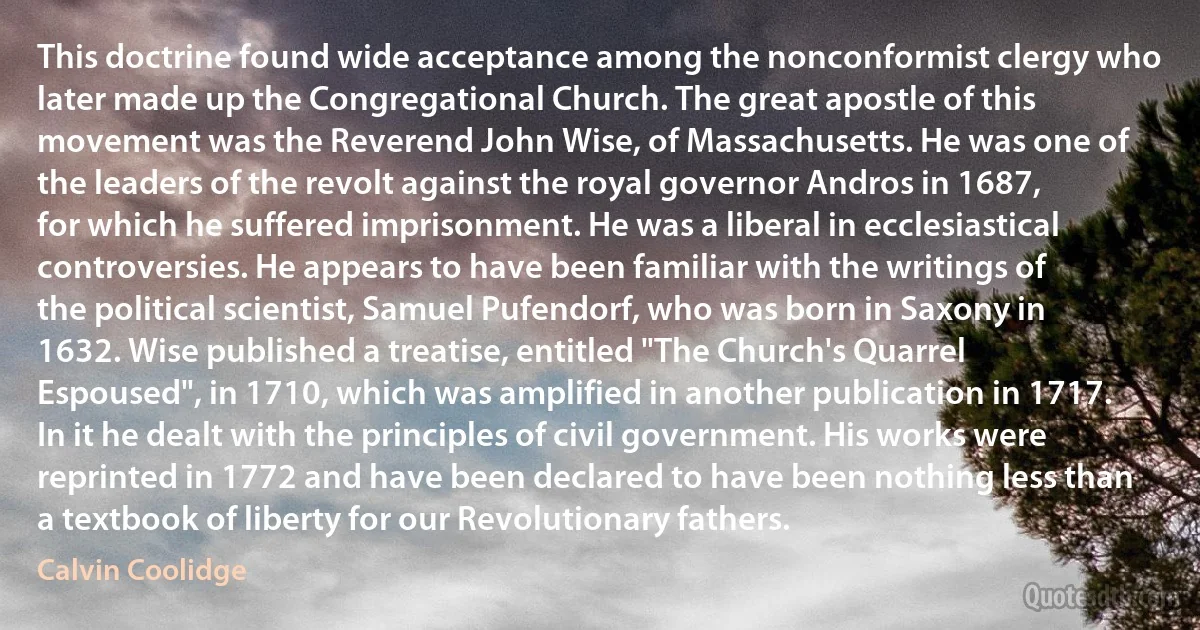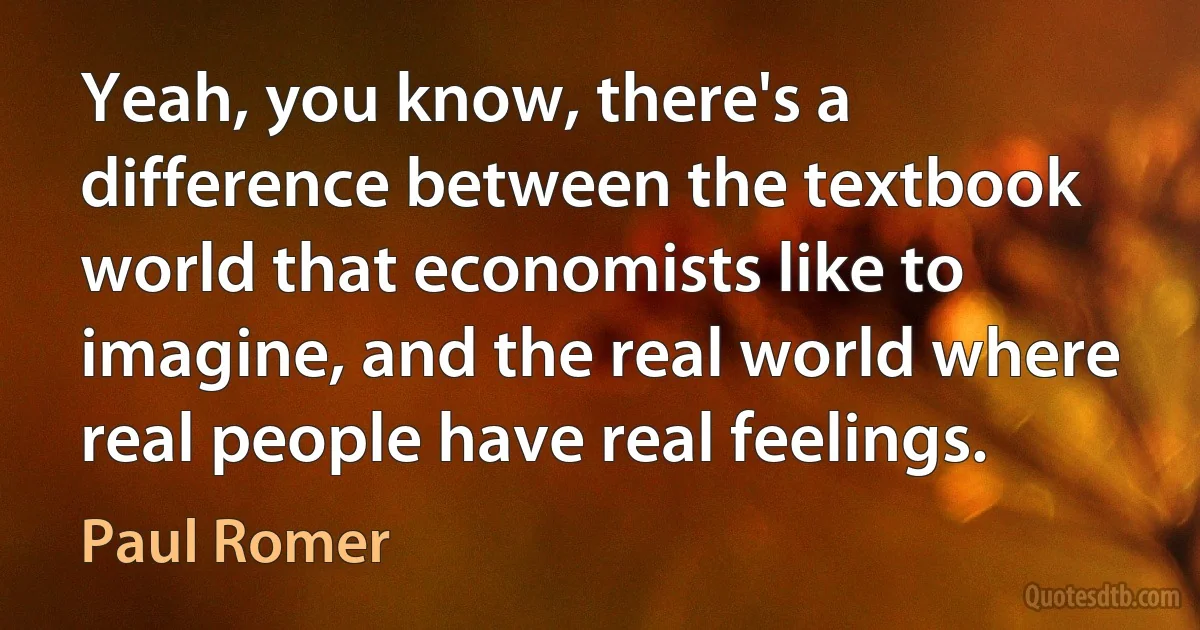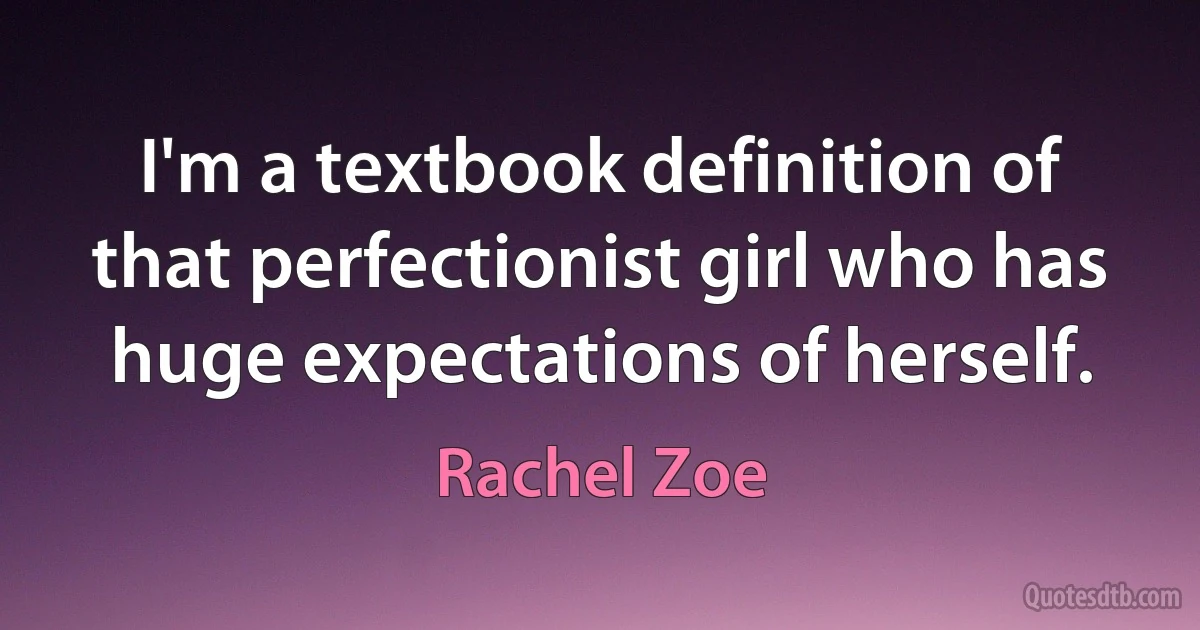Textbook Quotes - page 2
I find it amazing now that my first economics class, taught by Alan Sweezy, used John Maynard Keynes's General Theory of Income and Employment as the textbook. Although this book is one of the most influential works of the twentieth century, it makes a really lousy textbook. Moreover, since I now regard Keynes's analysis as seriously flawed, it is surprising that I enjoyed the course so much. As a student, I appreciated the simple way that the Keynesian model explained the workings and failings of the overall economy. Especially appealing were the clever policy remedies, such as increased government spending and tax cuts, that Keynes recommended to combat unemployment. Too bad that I discovered later that the model was theoretically and empirically deficient!

Robert Barro
Like computer viruses, successful mind viruses will tend to be hard for their victims to detect. If you are the victim of one, the chances are that you won't know it, and may even vigorously deny it. Accepting that a virus might be difficult to detect in your own mind, what tell-tale signs might you look out for? I shall answer by imaging how a medical textbook might describe the typical symptoms of a sufferer.

Richard Dawkins
Scientific truth, like puristic truth, must come about by controversy. Personally this view is abhorrent to me. It seems to mean that scientific truth must transcend the individual, that the best hope of science lies in its greatest minds being often brilliantly and determinedly wrong, but in opposition, with some third, eclectically minded, middle-of-the-road nonentity seizing the prize while the great fight for it, running off with it, and sticking it into a textbook for sophomores written from no point of view and in defense of nothing whatsoever. I hate this view, for it is not dramatic and it is not fair; and yet I believe that it is the verdict of the history of science.

Edwin Boring
I was sitting writing on my textbook, but the work did not progress; my thoughts were elsewhere. I turned my chair to the fire and dozed. Again the atoms were gamboling before my eyes. This time the smaller groups kept modestly in the background. My mental eye, rendered more acute by the repeated visions of the kind, could now distinguish larger structures of manifold conformation; long rows sometimes more closely fitted together all twining and twisting in snake-like motion. But look! What was that? One of the snakes had seized hold of its own tail, and the form whirled mockingly before my eyes. As if by a flash of lightning I awoke; and this time also I spent the rest of the night in working out the consequences of the hypothesis. Let us learn to dream, gentlemen, and then perhaps we shall learn the truth . . . but let us beware of publishing our dreams before they have been put to the proof by the waking understanding.

August Kekulé
In biology the Cartesian view of living organisms as machines, constructed from separate parts, still provides the dominant conceptual framework. Although Descartes' simple mechanistic biology could not be carried very far and had to be modified considerably during the subsequent three hundred years, the belief that all aspects of living organisms can be understood by reducing them to their smallest constituents, and by studying the mechanisms through which these interact, lies at the very basis of most contemporary biological thinking. This passage from a current textbook on modern biology is a clear expression of the reductionist credo: 'One of the acid tests of understanding an object is the ability to put it together from its component parts. Ultimately, molecular biologists will attempt to subject their understanding of cell structure and function to this sort of test by trying to synthesize a cell.

Fritjof Capra
How can I accept a doctrine which sets up as its bible, above and beyond criticism, an obsolete economic textbook which I know to be not only scientifically erroneous but without interest or application for the modern world? How can I adopt a creed which, preferring the mud to the fish, exalts the boorish proletariat above the bourgeois and the intelligentsia who, with whatever faults, are the quality in life and surely carry the seeds of all human advancement?

John Maynard Keynes
I am a Socialist not through reading a textbook that has caught my intellectual fancy, nor through unthinking tradition, but because I believe that, at its best, Socialism corresponds most closely to an existence that is both rational and moral. It stands for co-operation, not confrontation; for fellowship, not fear. It stands for equality, not because it wants people to be the same but because only through equality in our economic circumstances can our individuality develop properly.

Tony Blair
One long-past innocent day, in my prefolly youth, I came upon a statement in an undistinguished textbook on psychiatry that, as when Kant read Hume, woke me forever from my garden-of-eden slumber. "The psychotic does not merely think he sees four blue bivalves with floppy wings wandering up the wall; he does see them. An hallucination is not, strictly speaking, manufactured in the brain; it is received by the brain, like any 'real' sense datum, and the patient act in response to this to-him-very-real perception of reality in as logical a way as we do to our sense data. In any way to suppose he only 'thinks he sees it' is to misunderstand totally the experience of psychosis."

Philip K. Dick
My four years in Russia end, then, in dramatic fashion: with a textbook Soviet-style expulsion. I am the first western staff correspondent to suffer this fate since the end of the Cold War. I'm stunned. But my expulsion is not, I reflect, a surprise. It's something I have always accepted as a real, if far-fetched, possibility.

Luke Harding
If you peruse the table of contents of a textbook on organizational theory or search the web for courses in organizational sociology, you cannot help but notice how many of the key contributors to the field spent time at Stanford between 1970 and 2000, as faculty members, post-docs, or graduate students... Of the five most influential macro-organizational paradigms in play today - institutional theory, network theory, organizational culture, population ecology, and resource dependence theory (in alphabetical order) – Stanford served as an important pillar, if not the entire foundation, for all but network theory. By the 1990s, it became an important site for network theory as well.

Frank Dobbin
Formal theories of organization have been taught in management courses for many years, and there is an extensive literature on the subject. The textbook principles of organization - hierarchical structure, authority, unity of command, task specialization, division of staff and line, span of control, equality of responsibility and authority, etc.

Douglas McGregor
Formal theories of organization have been taught in management courses for many years, and there is an extensive literature on the subject. The textbook principles of organization - hierarchical structure, authority, unity of command, task specialization, division of staff and line, span of control, equality of responsibility and authority, etc. - comprise a logically persuasive set of assumptions which have had a profound influence upon managerial behavior.

Douglas McGregor
What is now called ‘knowledge organisation' in this context has a long history. The simplest forms of a knowledge organisation system (KOS) are, after all, the contents list and the index of a textbook. The knowledge is in the text; the KOS is a supplementary tool that helps the reader to find his way around the text. But as such finding aids have become more complex, and taken on wider functions, they have acquired grander names, such as retrieval languages, taxonomies, categorisations, lexicons, thesauri, or ontologies. They are now seen as schemes that organize, manage, and retrieve information.

Brian Campbell Vickery
Each textbook must contain as frontispiece a portrait of Gandhiji and there must be lessons containing the sermons of Gandhiji from Sabarmati to Birla House. This would be the best and the most potent way of offering homage to the memory of the world's greatest man and the Father of the Indian Nation, and is better than building memorials and erecting statues.... His (Gandhiji's) teachings stressed the supreme virtue of the human spirit, utterly indestructible and unconquerable. India can never hope to find a place in the sun, unless it upholds the value of the human spirit.

C. V. Raman



